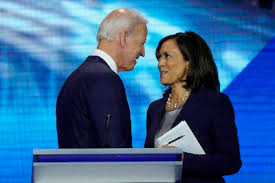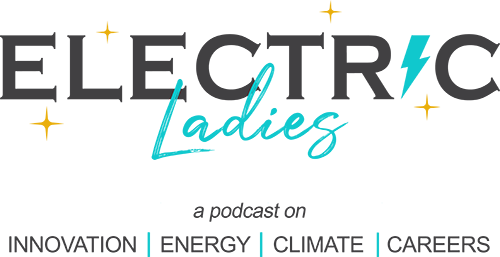The upheavals of 2020, triggered mostly but not only by the Covid-19 pandemic and the economic shutdown required to try to stop the spread of it, forced leaders to see their places in the economy and their organizations very differently, and to respond. Fast. In this new reality, almost none of the existing policies and practices applied, because they were too slow, irrelevant or ineffective. This tumultuous year also taught us of all – and especially the world’s leaders across sectors many of whom gathered virtually for the WEF 2021 for the first time – many lessons that we will need to both eliminate covid-19 and to emerge from it stronger and better. Here are 9 lessons leaders learned from 2020 and Covid-19, so far, as reflected in WEF 2021:
9 Leadership Lessons From 2020, Per The World Economic Forum











